Waste Upcycling: Ocean Sole Turns Discarded Flip-Flops into Artwork
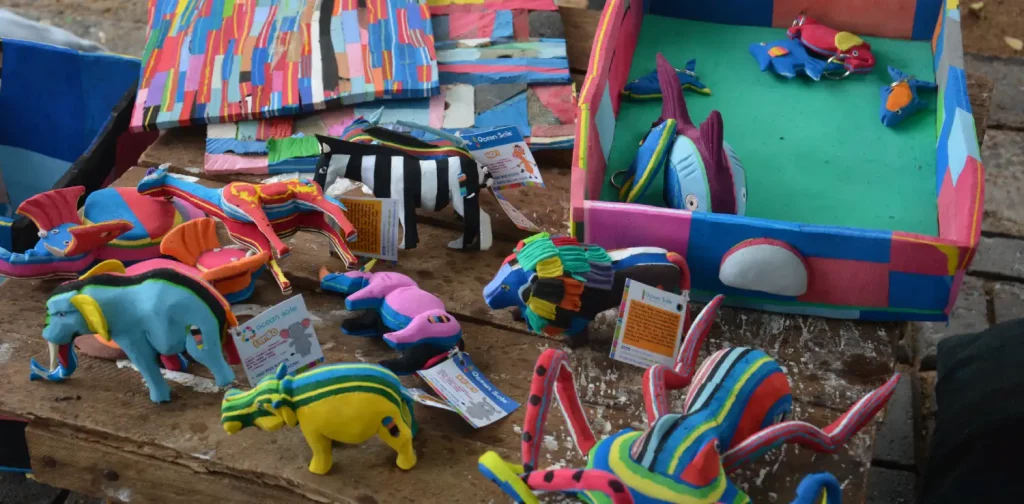
Image by UNESCO Africa on Flickr
Flip-flops are easy to wear, inexpensive, and widely used by people worldwide. However, their widespread use has unintentionally contributed to an ecological waste crisis along the coast of Kenya. Ocean Sole turns to waste upcycling to help solve this issue by turning discarded flip-flops into sculptures.
A Critical Problem
A pair of flip-flops has a lifespan of approximately two years. Every year, a staggering three billion pairs are produced, and some reports suggest that over 200 million flip-flops are discarded each year. Their popularity and short lifespan result in flip-flops contributing an astounding 90 tons of pollution annually along the coast of East Africa.
The accumulation of discarded flip-flops going into the ocean has become a significant threat to marine life and ecosystems. The impact goes beyond visible pollution. Flip-flop waste contributes significantly to marine debris, posing threats to aquatic ecosystems through ingestion.
This issue is amplified by the transboundary nature of the ocean, leading to a global problem where millions of flip-flops end up discarded on beaches annually. Moreover, local populations that depend on the quality of the sea are also at risk as pollution increases potential health risks.
Ocean Sole and Waste Upcycling
Ocean Sole is a Kenyan organization that organizes recycling and conservation efforts. The organization provides solutions to the critical waste problem along the coast of Kenya. In 1999, Julie Church, a marine biologist and conservationist, established the organization after seeing entire beaches covered in discarded flip-flops. This discovery prompted Ocean Sole to take concrete action.
Ocean Sole has trained a group of Nairobi-based artists to upcycle used flip-flops into colorful sculptures of animal figurines. The collected flip-flops are cleaned and disinfected before the carving and shaping process begins. For small to large sculptures, the materials are shaped with a dye-cut machine, glued together, carved, sanded, and given final touches by the artists. For large sculptures, artists incorporate recycled styrofoam with flip-flops as its outer skins to create colorful and stunning artwork.
Their Impacts
Ocean Sole’s acts extend beyond the simple act of cleaning beaches. Turning used flip-flops into sculptures is an eye-catching way to reduce trash and contribute to the local economy by giving local craftspeople a livelihood.
Furthermore, this waste upcycling model also uses art as a form of environmental advocacy, communicating the critical need for sustainable production and consumption behaviors. The artworks created could serve as a visual reminder of how much waste we discard, how many things we buy and consume, and how harmful the production process might be throughout the supply chain.
Ocean Sole showcases how waste can be reused and turned into beautiful things to prolong its life cycle. Still, tackling the issue of waste needs to start at the production level. Reducing remains the first step in creating a circular industry. A rethinking of affordable and sustainable footwear options and materials is needed. Innovation and creativity with a sense of crisis in these times would drive people to contribute thoroughly to overcome environmental problems.

Join Green Network Asia Membership
Amidst today’s increasingly complex global challenges, equipping yourself, team, and communities with interdisciplinary and cross-sectoral insights on sustainability-related issues and sustainable development is no longer optional — it is a strategic necessity to stay ahead and stay relevant.


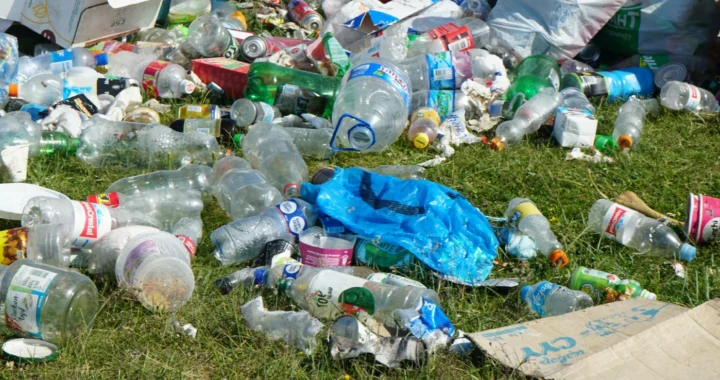 Waste-to-Methanol, a Potential Sustainable Solution for Waste and Energy
Waste-to-Methanol, a Potential Sustainable Solution for Waste and Energy 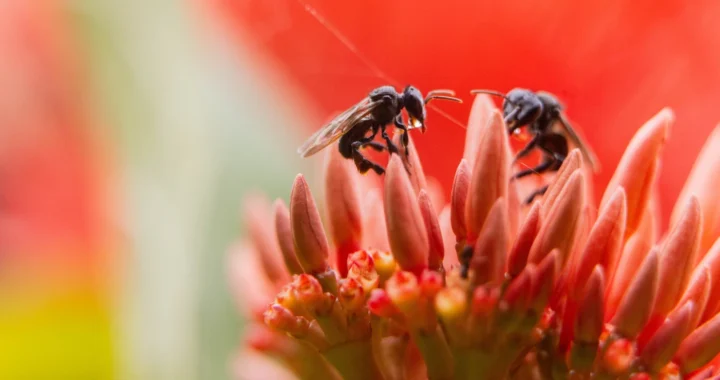 In Peru, Stingless Bees Are Granted Legal Rights
In Peru, Stingless Bees Are Granted Legal Rights 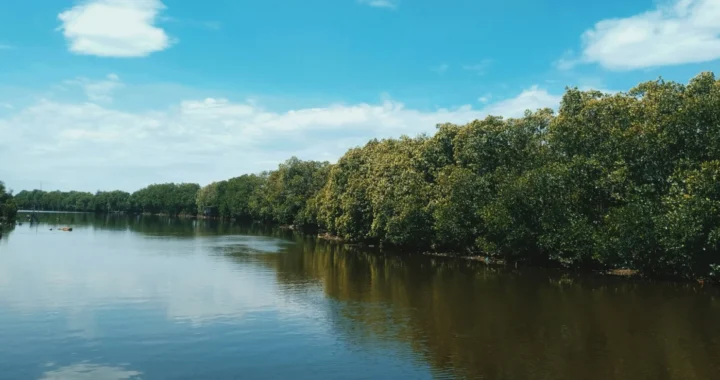 Looking into the Government Regulation on the Protection and Management of Mangrove Ecosystems in Indonesia
Looking into the Government Regulation on the Protection and Management of Mangrove Ecosystems in Indonesia 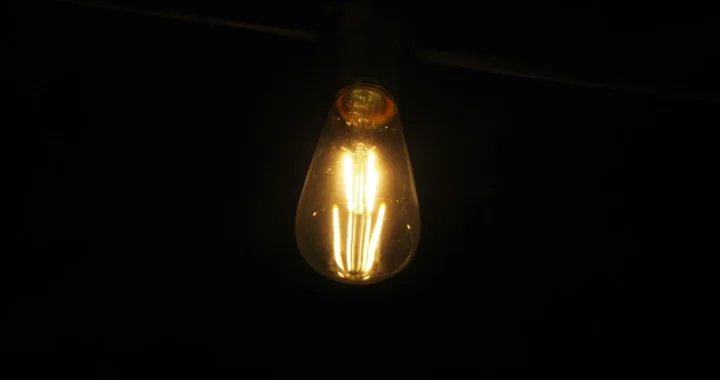 Integrating Systemic Renewable Energy Innovations for Energy Transition
Integrating Systemic Renewable Energy Innovations for Energy Transition 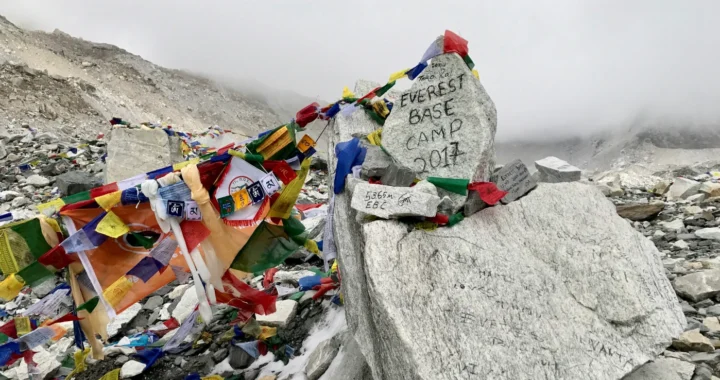 Nepal’s Five-Year Strategy to Clean Up the Mounting Waste in Mount Everest
Nepal’s Five-Year Strategy to Clean Up the Mounting Waste in Mount Everest  Exploring Public Health Implications of Data Centers
Exploring Public Health Implications of Data Centers